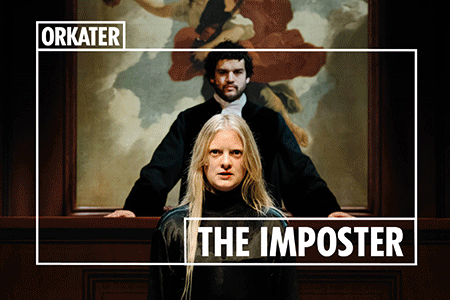Recht en commons
Vorig jaar vond in Utrecht van 10-14 juli een giga-congres plaats over de ‘commons’. Het werd geopend door minister Jet Bussemaker en trok zo’n 800 deelnemers uit theorie en praktijk. Een jaar eerder werd, ook in het Utrechtse Academiegebouw, vergaderd over ‘collective actions’. Twee mooie congressen van juridische collega’s? Niets daarvan. Bij bestudering van de lijst van sprekers zien we geen enkele bekende onder de keynote speakers. Wat bleek: het waren helemaal geen juristen die de twee congressen hadden georganiseerd. Grondleggers van beide terreinen zijn onderzoekers als Mancur Olson (The logic of collective action, 1965), Jane Humphries (Oxford), Tine de Moor (Utrecht) en Saskia Sassen (Columbia University). Hun lijfblad is de International journal of the commons en hun wetenschappelijke vereniging is de International association for the study of the commons.
Waar het over gaat? Niet over artikel 3:305a en 6:240 BW, de Wet collectieve actie massaschade (Wcam) of het wetsvoorstel afwikkeling van massaschade in een collectieve actie van 16 november 2016, waar wij juristen mee bekend zijn. Nee, de Utrechtse congresgangers hadden de keuze uit ‘Traditional vs democratic leadership: experimental evidence from commons in sub-Saharan Africa’, ‘Governance for social-ecological sustainability’, ‘Self-governance for food networks’, ‘Governing the water commons in China’, ‘Gender issues and the commons’, ‘What can customary landowners around the world learn from commons in modern Europe?’ en nog enige tientallen andere workshops. Een strict Utrechtse aangelegenheid was ‘The governance of our universities: can the commons bring inspiration?’, met spreekbeurten van Jan Luiten van Zanden en Marcus Duwel.
Het is niet mogelijk in het bestek van een column de ontwikkeling van dit vakgebied te schetsen. Slechts één punt wil ik hier uitlichten. Wat verrast, is dat juristen – bij mijn weten – nog (vrijwel) geen aansluiting hebben gevonden bij de commons-beweging. Waar staan die commons voor? Het heeft (bijna) niets uitstaande met de common law, maar alles – volgens Wikipedia – met
‘the cultural and natural resources accessible to all members of a society, including natural materials such as air, water, and a habitable earth. These resources are held in common, not owned privately. Commons can also be understood as natural resources that groups of people (communities, user groups) manage for individual and collective benefit. Characteristically, this involves a variety of informal norms and values (social practice) employed for a governance mechanism.’
Dat biedt heel wat aanknopingspunten voor juristen. Enkele subdisciplines die opkomen: filosofie (John Locke, Thomas Paine); milieurecht (G. Hardin, ‘The tragedy of the commons’, Science (162) 1968, p. 1243-1248); Political Ecology (Paul Robbins, Hoboken, NJ: Wiley-Blackwell 2011, 298 p.); Rechtsethnologie (Franz von Benda-Beckmann); geschiedenis (Derek Wall, The commons in history, Cambridge, MA: MIT Press 2014, 184 p.) en waterrecht (mijn collega Marleen van Rijswick). Juristen, doe er wat aan. Vooral die geschiedenis is fascinerend. Waar vinden we ze niet: de gemeenschappelijke weide, de brink, de gezamenlijke bossen. Men zie ‘A brief history of how we lost the commons. And what we must do to get it back’.
Deze column is verschenen in het Ars Aequi aprilnummer 2018.




